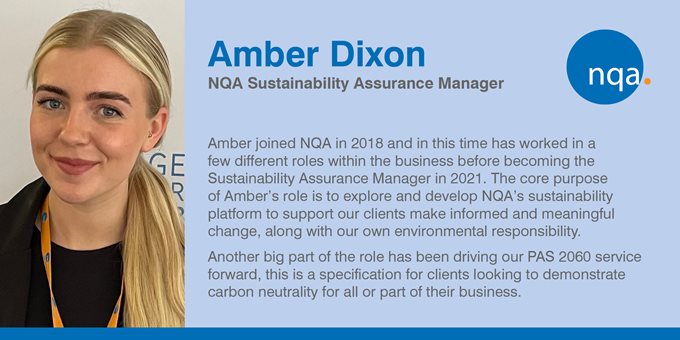What you Need to Know About BS 99001:2022
So why the need for a new standard?
ISO 9001 is long standing and well established, but when it comes to specifics for the built environment it can be considered as falling short of what is needed.
One of ISO 9001’s biggest strengths and/or weaknesses is it’s ‘generic’ nature. The ability to apply it to any sector or industry is well known and understood. However, it’s applicability and relevance to the built environment has been considered by some as falling short.
Some of the concern arises from the fact that ISO 9001 can be considered as being set up for ‘organisational’ quality systems whereas the built environment is generally more project-based.
It can be considered that projects require quality assurance at each stage, from initial conception through to demolition or decommissioning and ISO 9001 does not fully offer that.
In addition, by being a generic standard there is a risk that ISO 9001 does not get into the nitty gritty of how and where a built environment project needs to be managed.
The result of all this thinking...
BS 99001:2022 Quality Management Systems - specification for the application of BS EN ISO 9001:2015 in the built environment sector > This is a new standard that provides additional sector specific management system requirements and is to be used alongside ISO 9001 as a supplementary set of requirements.
BS 99001 has been written by, and for, the sector. In the past there have been attempts to develop and implement various schemes, BS 99001 seeks to consolidate industry experience and expectations.
BS 99001 has been written to consider the whole built environment sector, from architects and designers through to construction organisations and all associated contractors. It can also cover structural engineers, professional trades, suppliers, and surveyors. It also factors in decommissioning and prefabricators.
The overall intention of the standard is that it will aim to provide a tool by which sector wide engagement and support for improvements across the suitability, safety and durability of built environment assets may be achieved.
Whilst the fundamental principles of ISO 9001 have of course not changed, many principles and requirements have been introduced by BS 99001 to ensure that the necessary steps are made in the construction environment to deliver the best possible project quality.
BS 99001 has been developed in a post-Grenfell world. As such, processes to meet applicable Building Safety Legislation have been incorporated into BS 99001. The understanding is that Government and the owners of high-risk buildings may make BS99001 a pre-requisite requirement.
BS 99001 is designed for all sizes and ranges of projects. The standard intends to drive the process and not necessarily the administrative overheads. In addition, BS 99001 does not necessarily need to be applied organisation wide. A larger organisation could certify their project management department to BS 99001 but not necessarily the operational level or organisation as a whole.
Overall, BS 99001 is aimed at clarifying and enhancing what may be considered the generic requirements of ISO 9001. The standard will direct an organisation to apply ISO 9001 in a way that is more relevant to the project-based approach of the built environment sector.
It should be remembered that BS 99001 is aimed at all and any organisations operating in the built environment sector in the UK. It is not aimed exclusively at the quality manager; it is intended to apply at all levels and stages.
Organisations acting as clients, contractors and designers may find the standard particularly useful, as it will help them set out their governance mechanisms for projects in a way that will affect all interested parties involved in design and construction to collaborate efficiently, effectively and will put quality, safety, and sustainability of their built assets as a priority.
What does BS 99001 do differently?
BS 99001 asks organisations to consider social, economic and sustainability factors within their context, including progress towards net zero emissions.
BS 99001 will also provide a practical framework for those involved in the project supply chain by giving detail and information on the expectations associated with material, services, and components.
ISO 9001 is rightly recognised as a benchmark standard, the additional requirements of BS 99001 will help to provide decision makers involved in any part of the built environment project process to focus on providing a quality product and service, with the ultimate goal being to raise the level of quality-of-service delivery and safety whilst avoiding risks and fulfilling compliance obligations.
NQA’s Sustainability Assurance Manager, Amber Dixon, comments:
“BS 99001 brings a welcomed and refreshed perspective on a longstanding and reputable quality management standard, ISO 9001. The release of BS 99001 complements a whole suit of sustainability related standards on top of its advancements with quality. The reference to social, economic, and environmental commitments throughout the document provides a more current and holistic view in handling management systems and real world issues.
NQA look forward to exploring the value of BS 99001 further and continuing conversations on this new publication.”

